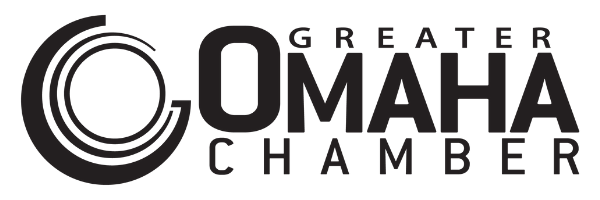Omaha, Neb., October 16, 2020 – When McKinsey & Company released “Diversity wins: How inclusion matters” in May, pointing out the “business case for inclusion is stronger than ever,” executives in Omaha were already participating in a workforce-wide assessment of employees’ attitudes about diversity, equity and inclusion at their organizations. Preliminary data for the research were released today, at the second-annual Conference on Opportunity, Diversity and Equity, hosted virtually by the Greater Omaha Chamber and community partners.
Results showed:
- Representation is lacking across all levels of organizations.
- Opportunities exist for more fully integrated policies and practices to improve long-term DEI growth.
- Employees are experiencing the workplace differently.
Emily Adams and Laura Brooks Dueland, both Ph.D. candidates at the University of Nebraska – Omaha, conducted the research and presented results.
Part of an ongoing CODE initiative, the research sets a baseline for evaluation, opportunity and improvement, marking a commitment to positive change Omaha CEOs addressed together, in June 2020, following the death of George Floyd, when more than 200 business leaders united and signed the CEOs For CODE collective statement.
At that time, regional executives pledged to:
- educate ourselves and disseminate the history of systemic racism in Omaha and the barriers it continues to present today.
- create opportunities to listen to those affected and marginalized by these barriers to learn how we can help.support, lift up, collaborate with and fund nonprofit agencies who work tirelessly in marginalized communities.
- use our influence and position to amplify unheard voices and endorse policies that lead to racial justice.
- improve the employment, training, advancement, support and success of people of color in our workforces.
- continue the conversation by engaging in ongoing CEOs for CODE meetings to collectively address the issues of racism, oppression and bias in our organizations and communities.
Timothy J. Burke, president and CEO, Omaha Public Power District (OPPD), and Greater Omaha Chamber’s chairman of the board, opened today’s research-presentation session, noting “we have a strategic imperative to measure [DEI] like every other strategic imperative we have.”
“This year, 34 organizations took part in the assessment,” Bianca Harley, senior director, community diversity & inclusion, Greater Omaha Chamber, said.
Today’s assessment is just one component of the wider CODE initiative, led by the Greater Omaha Chamber.
“CODE is our Commitment to Opportunity, Diversity and Inclusion,” Harley said. “It includes a Council tasked with helping to advise our strategy and progress across the region, and a Coalition of employers who are committed to advancing D&I. By joining the Coalition, leaders are pledging to increase diversity in their organizations and to create an inclusive work environment for employees. Pledge signers are asked to commit to three action items for their organizations.”
About Greater Omaha
Greater Omaha is a No. 1 ranked up-and-coming-tech hotspot, Time magazine’s 2017 No. 3 Most Up-and-Coming City in America and was named America’s No. 2 Best Small City by Resonance Consultancy. Greater Omaha is home to more than 30 communities and nearly 1 million people.
